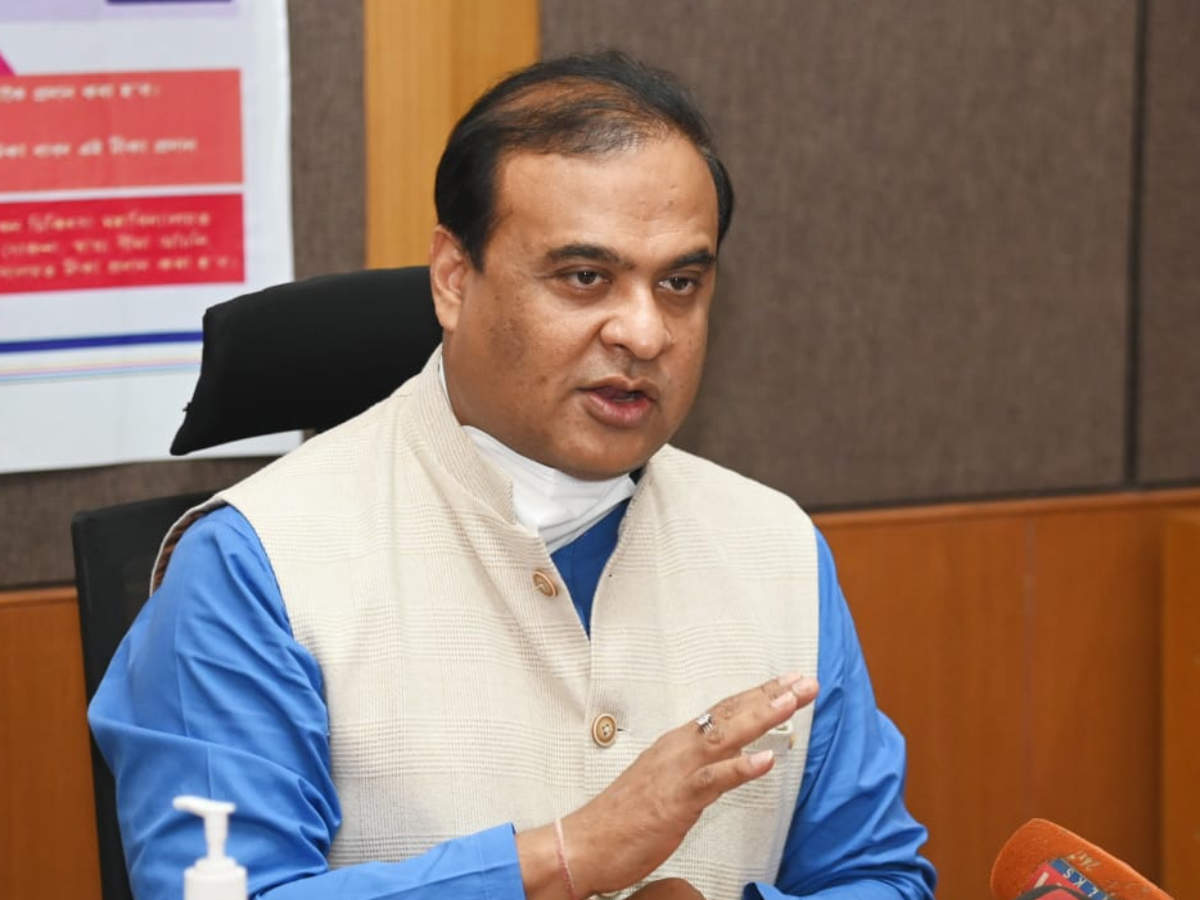The Chief Minister of Assam, Himanta Biswa Sarma, has ignited a heated debate with his recent comments targeting the Bengali-speaking Muslim community in the state. Sarma accused this demographic group of perpetuating practices such as polygamy and child marriage, asserting that these practices set them apart from the indigenous population of Assam.
Sarma’s remarks came in response to statements made by the All India United Democratic Front’s (AIUDF) Nagaon Lok Sabha candidate, Aminul Islam, who claimed that many Bengali-speaking Muslims settled in Assam prior to Partition and should be recognized as indigenous to the state.
Addressing the issue, Sarma stated that members of the Bengali-speaking Muslim community, often referred to as ‘miyas’, could seek indigenous status only if they abandoned practices he deemed endemic to their culture. He emphasized the need for them to discontinue practices such as child marriage and polygamy, and promote education, particularly for girls, to align with the traditions of Assamese culture.
Furthermore, Sarma alleged that Bengali-speaking Muslims had encroached upon land belonging to satras, which are monasteries integral to Assam’s neo-Vaishnavite tradition initiated by the saint reformer Srimanta Sankardev. He emphasized that such actions were contrary to indigenous culture.
Sarma’s comments come amidst controversy surrounding the Assam government’s Revenue and Disaster Management Department’s decision to suspend land transactions between individuals of different religions until the conclusion of the Lok Sabha elections. The department issued a notification citing concerns over fraudulent land transfers and attempts to stoke communal tensions.
The notification directed that no-objection certificates for land sales between individuals of different religions be withheld for three months, with exceptions granted only under specific circumstances determined by district authorities in consultation with the Inspector General of Registration Assam.
Sarma’s statements and the government’s actions have reignited debates surrounding citizenship, indigenous identity, and land rights in Assam, highlighting deep-seated tensions and divisions within the state’s diverse population.






